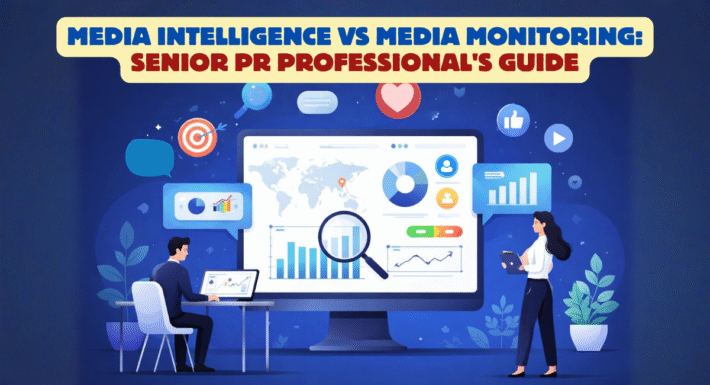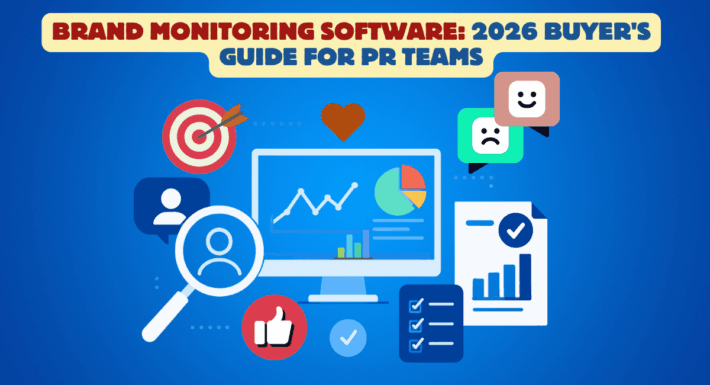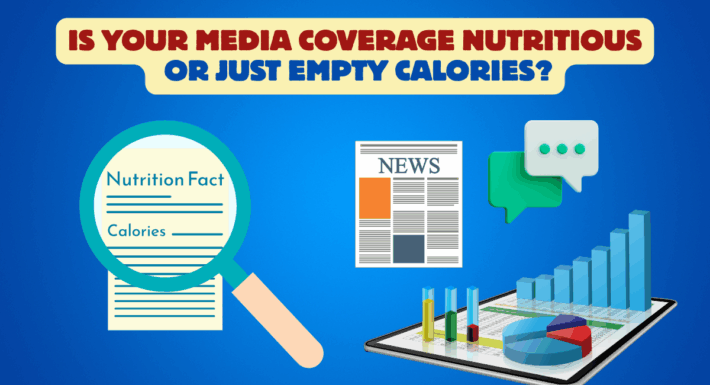Top Pharma News in December 2023

The Evolving World of Healthcare and Tech Sparks Ongoing Media Interest
This month’s highlights in healthcare and technology showcase a significant shift toward innovative and regulatory dynamics. Government initiatives are reshaping healthcare affordability and access, while technological breakthroughs are redefining medical research and patient care. These developments spark different reactions from various stakeholders, ranging from cautious optimism to ethical concerns and debate, highlighting the complex interplay between policy, innovation, and public sentiment in these rapidly evolving fields. In this environment, Fullintel Hub remains your go-to source for the latest pharmaceutical trends, offering concise insights and user-friendly data for informed decision-making.
Let’s explore the most significant healthcare headlines of December.
- The Battle for Affordable Medications – Biden’s Pharma Patent Initiative
- U.S. Lawmakers Seek SEC Probe Over Musk’s Neuralink Comments and Monkey Deaths
- MedLM Suite Marks Google’s New Era in Healthcare AI
December’s Top Stories:
Biden’s Bold Move, Neuralink’s Dilemma, and Google’s AI Foray Captivate the Audience This Month
In recent developments, three major stories have captured attention: the Biden administration’s focus on high drug prices, the SEC’s scrutiny of Elon Musk’s Neuralink regarding monkey treatment, and Google’s launch of the MedLM healthcare AI suite.
The Biden administration’s plan to use the Bayh-Dole Act to potentially seize patents of expensive drugs developed with public funds aims to reduce medication costs, drawing mixed reactions. Concurrently, Elon Musk’s Neuralink faces scrutiny, with a potential SEC investigation looming over allegations about the treatment of monkeys in its brain implant studies, raising ethical concerns. In the technology sector, Google’s introduction of MedLM, an AI healthcare suite, marks a significant advancement in medical AI, sparking interest and debate over AI’s implications in healthcare. Together, these stories highlight the dynamic interplay of innovation, regulation, and ethical challenges in today’s fast-paced environment.
A Break-Down of Recent Trending Stories:
The Battle for Affordable Medications – Biden’s Pharma Patent Initiative
The Biden administration is asserting its authority to seize patents of certain high-priced medications developed with public funds, as detailed in a series of recent reports. This move, aimed at reducing drug prices and fostering competition in the pharmaceutical industry, involves the implementation of “march-in rights” under the Bayh-Dole Act of 1980. The administration’s approach includes a framework for the National Institutes of Health to determine when to exercise these rights, factoring in the affordability and availability of medications to the public. This policy shift is part of a broader effort to lower healthcare costs, including potential impacts on Medicare drug pricing and challenging pharmaceutical companies’ market practices. The story elicits mixed reactions with a predominantly neutral sentiment, with observers and some experts cautiously watching the situation, considering the potential benefits of lower drug prices while being mindful of the need to maintain a balance that encourages pharmaceutical innovation and development. Conversely, the move attracts substantial interest on social media through “love” reactions, with supporters viewing it as a positive step towards making essential medications more affordable and accessible, applauding the administration’s efforts to challenge the pricing power of big pharmaceutical companies. However, the pharmaceutical industry and its advocates particularly provide a negative view of the proceedings. They argue that such government intervention could stifle innovation, discourage investment in new drug development, and ultimately harm patients by reducing the availability of new treatments. This complex issue evokes a multitude of opinions, as seen by its substantially large social engagement compared to the other stories.
U.S. Lawmakers Seek SEC Probe Over Musk’s Neuralink Comments and Monkey Deaths
Elon Musk, founder of Neuralink, is currently under scrutiny for the treatment of monkeys used in the company’s brain implant experiments. This issue has escalated to the extent that U.S. lawmakers are calling for the Securities and Exchange Commission (SEC) to investigate potential securities fraud. The controversy emerged two months after Neuralink announced plans to begin its first human trials. Central to the controversy is Musk’s public statements regarding the safety and well-being of the primates used in Neuralink’s research. He claimed that the monkeys live in a “monkey paradise” and that none have died as a direct result of the Neuralink implant. However, contrasting reports and veterinary records indicate that several monkeys have suffered serious health issues, such as paralysis, seizures, and brain swelling, leading to their euthanasia. This disparity has resulted in allegations against Musk and Neuralink of misleading investors about the safety and efficacy of their brain implants, generating negative publicity. While a segment of the public supports Musk’s technological endeavors, there is substantial concern and criticism about the ethical treatment of animals in scientific research. This is evident through the negative buzz as well as the high volume of ‘Angry’ reactions on social media. Animal rights groups and some members of the general public have expressed dismay over the reported suffering of the monkeys.
MedLM Suite Marks Google’s New Era in Healthcare AI
Google recently launched MedLM, a suite of AI models specifically designed for healthcare to assist clinicians and researchers in complex studies and streamline doctor-patient interactions, garnering significant media attention this month. MedLM, based on the Med-PaLM 2 language model, offers both large and medium-sized AI models tailored for various tasks, marking Google’s foray into the competitive healthcare AI market alongside giants like Amazon and Microsoft. The larger model is intended for intricate studies, whereas the medium-sized model is optimized for real-time tasks, such as summarizing doctor-patient interactions. Becker’s Hospital Review has recognized the launch as one of Google’s 5 biggest healthcare moves in 2023. HCA Healthcare and other companies are already testing MedLM for various applications, including documenting emergency room interactions and creating nurse handoff tools. Google also plans to integrate its advanced AI model, Gemini, into MedLM in the future. While the potential of MedLM has sparked enthusiasm, its introduction has also prompted cautious reactions, especially on social media. Some users have expressed concerns, marked by ‘sad’ reactions, over the need for responsible implementation in healthcare settings. Despite these concerns, the story has achieved the highest positive engagement among this month’s top stories, garnering the highest trending score of 5 on December 13, coinciding with its launch announcement.




